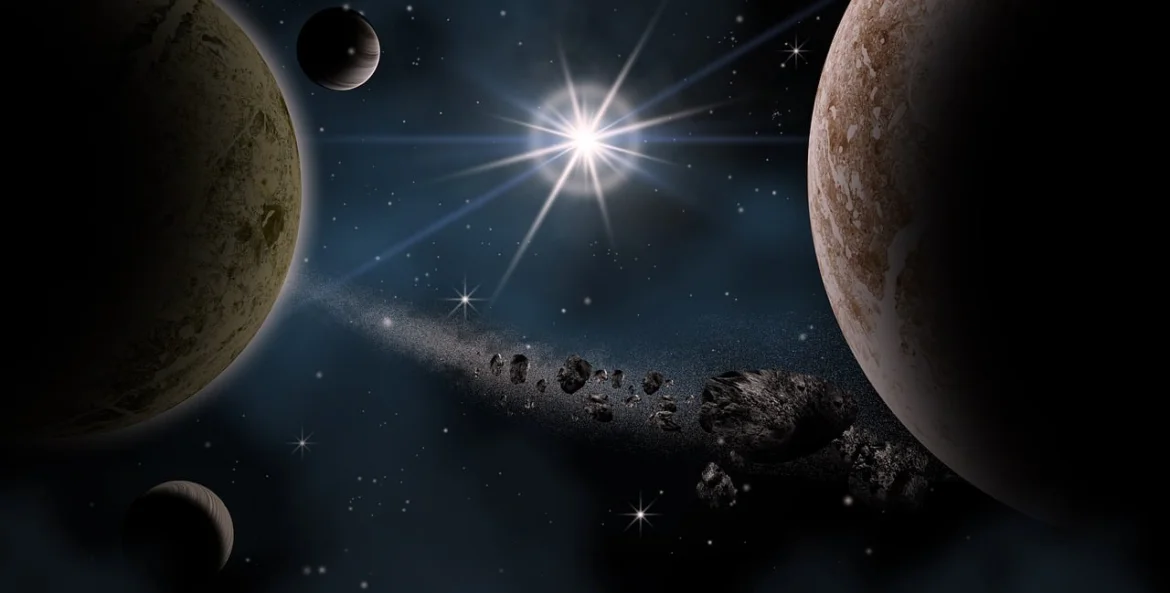In a significant step toward addressing the growing concern of space debris in low Earth orbit, MIT’s Astrodynamics, Space Robotics, and Controls Laboratory (ARCLab) has unveiled the public beta release of the MIT Orbital Capacity Assessment Tool (MOCAT). The announcement took place during the 2023 Organization for Economic Cooperation and Development (OECD) Space Forum Workshop on December 14.
As satellite deployments surge, congestion in low Earth orbit has led to an increased risk of collisions and space debris proliferation. MOCAT aims to empower stakeholders, including satellite operators, regulators, and the public, by providing a comprehensive tool to model the long-term future space environment. The tool allows users to understand the growth of space debris and assess the effectiveness of debris-prevention mechanisms.
What sets MOCAT apart from other orbital modeling tools is its ability to model individual objects, diverse parameters, orbital characteristics, fragmentation scenarios, and collision probabilities. The tool’s versatility lies in its capacity to differentiate between object categories, generalize parameters, and offer multi-fidelity computations, making it a powerful resource for comprehensive space environment analysis and management.
Richard Linares, the principal investigator for MOCAT and an MIT associate professor of aeronautics and astronautics, expressed enthusiasm about the tool’s potential impact: “MOCAT represents a significant leap forward in orbital capacity assessment. By making it open-source and publicly available, we hope to engage the global community in advancing our understanding of satellite orbits and contributing to the sustainable use of space.”
MOCAT comprises two main components. MOCAT-MC evaluates space environment evolution with individual trajectory simulation and Monte Carlo parameter analysis, providing both a high-level overall view and a detailed analysis of individual space objects. Meanwhile, the MOCAT Source Sink Evolutionary Model (MOCAT-SSEM) uses a lower-fidelity modeling approach that can run on personal computers within seconds to minutes. Both components can be accessed separately via GitHub.
Developed over several years, MOCAT is designed to fill the gap in the open-source implementation of evolutionary modeling tools, enabling stakeholders to develop a consensus on actions to improve space sustainability. The public beta release encourages users to experiment with the tool and provide feedback to guide further development.
Supported by the Defense Advanced Research Projects Agency (DARPA) and NASA’s Office of Technology and Strategy, MOCAT represents a collaborative effort to advance space sustainability, evidence-based policy analysis, and informed decision-making for all users of space. Charity Weeden, associate administrator for the Office of Technology, Policy, and Strategy at NASA headquarters, expressed excitement about the tool, describing it as a “public good” that will benefit space sustainability efforts and policy analysis.
You can check out the official blog announcement here.


Leave a Reply